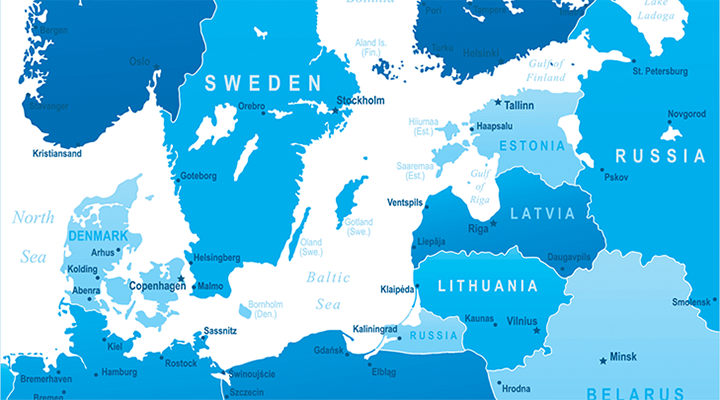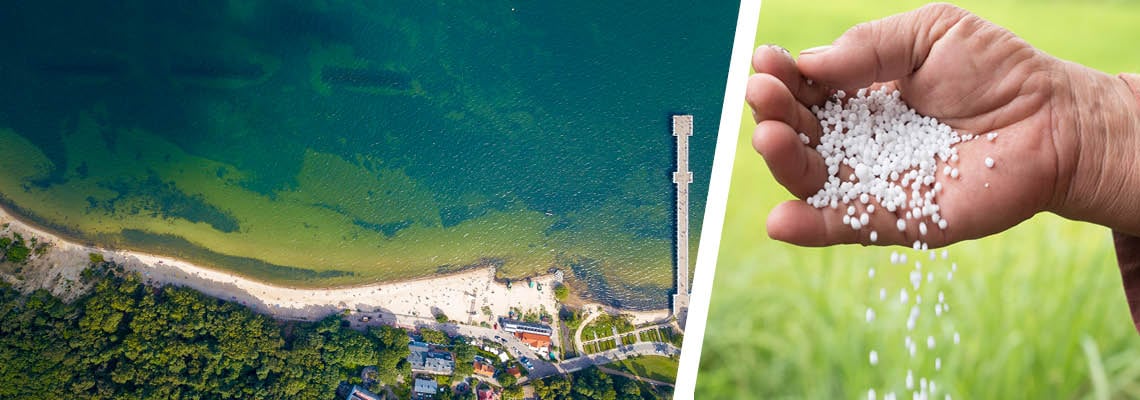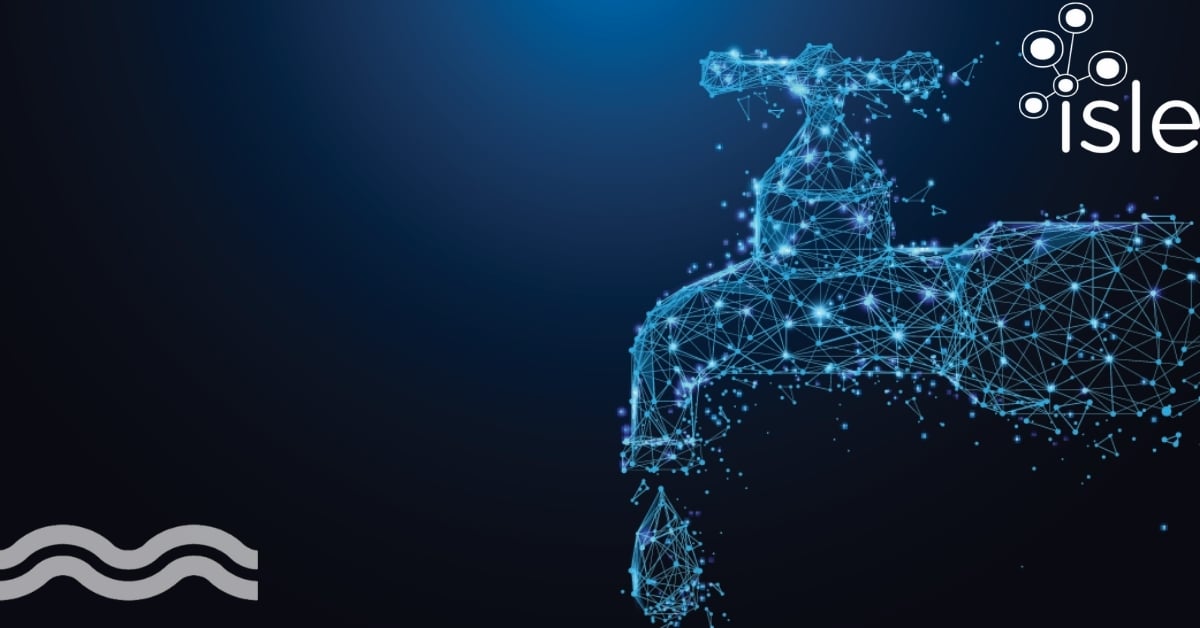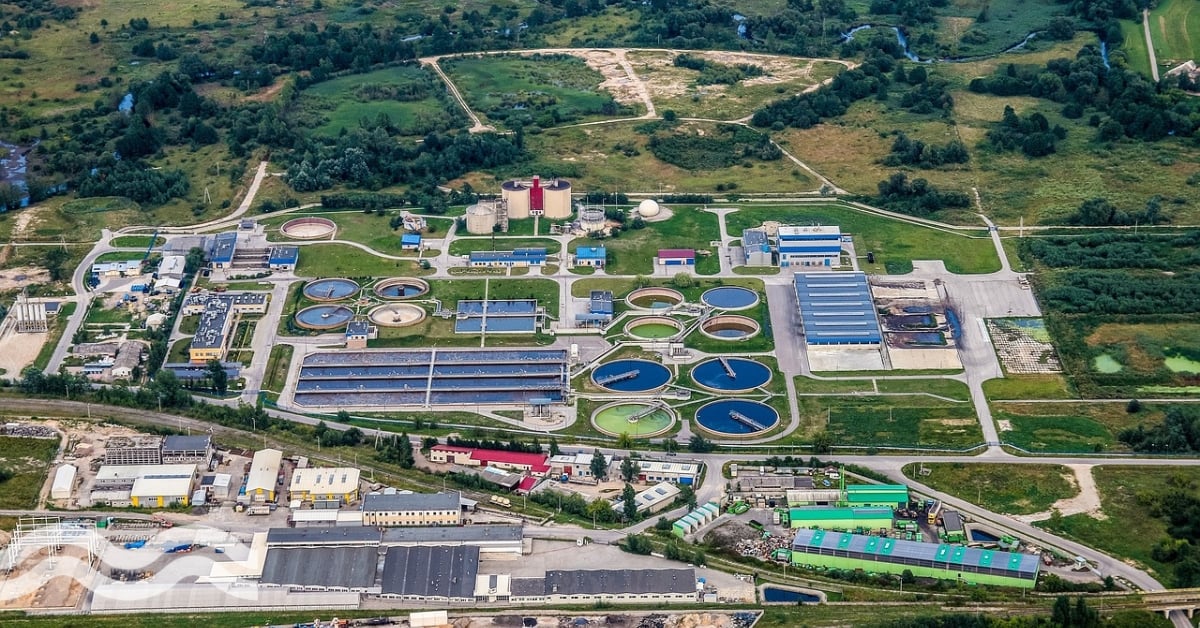Three promising EU technologies that can recapture phosphorus and nitrogen for reuse in agriculture are featured in the documentary.
This includes BioPhree from Aquacare in the Netherlands; Ultra from TerraNova in Germany; and Ravita from HSY in Finland.
Why the Baltic Sea Region?
Home to 85 million, countries with shorelines along the Baltic Sea include Sweden, Finland, Estonia, Latvia, Lithuania, Poland, Germany and Denmark.
As the Baltic Sea is almost completely enclosed, it means pollutants that enter it can accumulate over time.
This includes nutrient run-off from agricultural land and effluents from sewage treatment plants that drain into the sea, leading to algal blooms.
Often classed as one of the most nutrient-affected water bodies in the world, there are multiple reports of outbreaks of blue-green algae or cyanobacteria, caused by excessive nutrients such as nitrogen and phosphorus used in food production.

In August 2018 Reuters reported the “biggest bloom in years” as “toxic algae spreads in Baltic waters”. The outbreak hit the Gulf of Finland and stretched down to Poland’s shores.
The film discusses what impact on nutrient recycling key EU regulations can have.
“At the EU level we are working on restoring the impacts of nutrient overload [on the Baltic Sea] and creating incentives for market-based opportunities,” says Jakob Granit, director general of the Swedish Agency for Marine and Water Management.
The Stockholm Environment Institute led the production of Sea of Opportunity.
Karina Barquet, a research fellow at the institute and project coordinator for Bonus Return, said the documentary explains the market reforms needed to accelerate a circular economy for nutrients.
While essential to agriculture, they can be "environmentally devastating" when they wash off farmland into the Baltic, she added.
New EU regulation on quality standards
In May 2019 a new EU regulation was introduced on quality standards for fertilisers marketed in the EU.
Sea of Opportunity shows how the regulation favours "nutrient recycling" with "recycled phosphorus being low in the heavy metal cadmium compared to mineral phosphorus".
"With the new EU fertiliser regulation, this clean phosphorus will probably become more expensive, but there will also be a larger market for innovative solutions,” said Jon Wessling, water and environmental specialist at the Federation of Swedish Farmers (LRF).
He added that in Sweden there is no choice but to increase the recycling of nutrients because of goals to increase food production.
Andrzej Wójtowicz, CEO of Słupsk Waterworks in Poland, noted that EU resource-efficiency measures could also favour nutrient-recycling technologies.
"A key element in the so-called EU end-of-waste criteria is that when we process waste and use it to produce fertilisers, we should have open access to the fertiliser market.”




